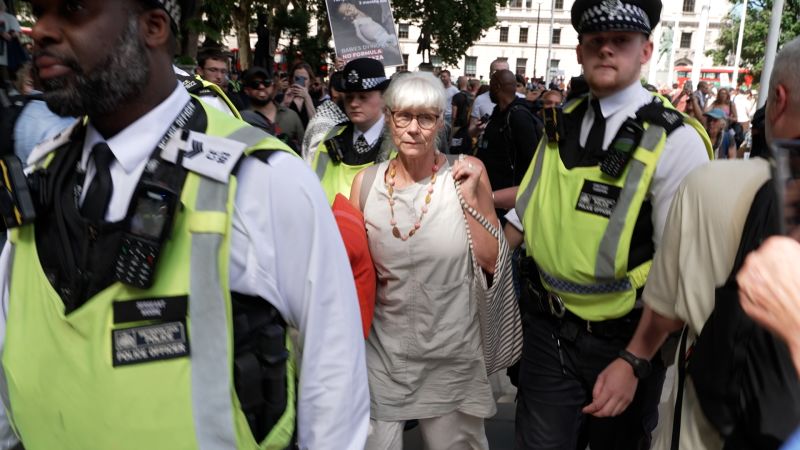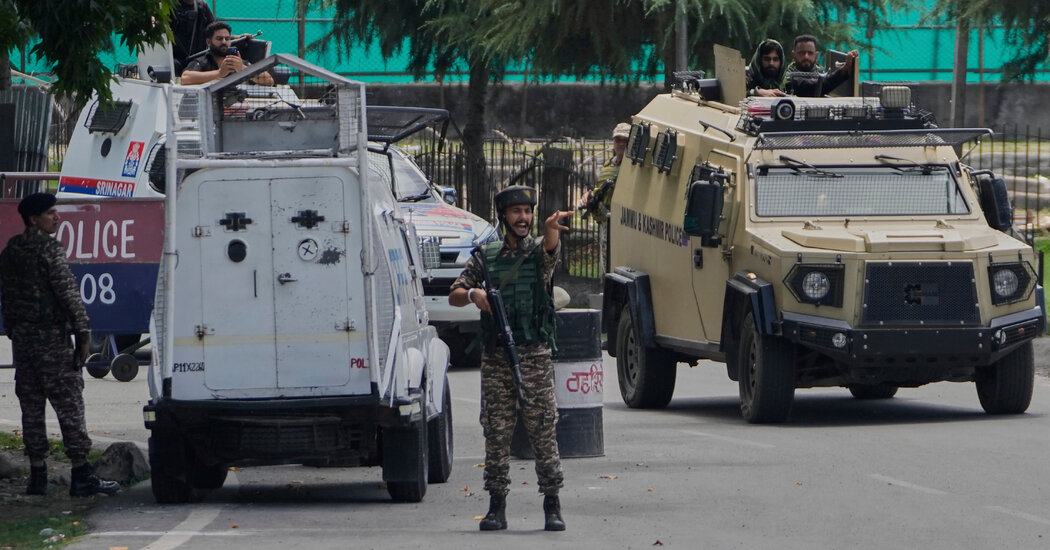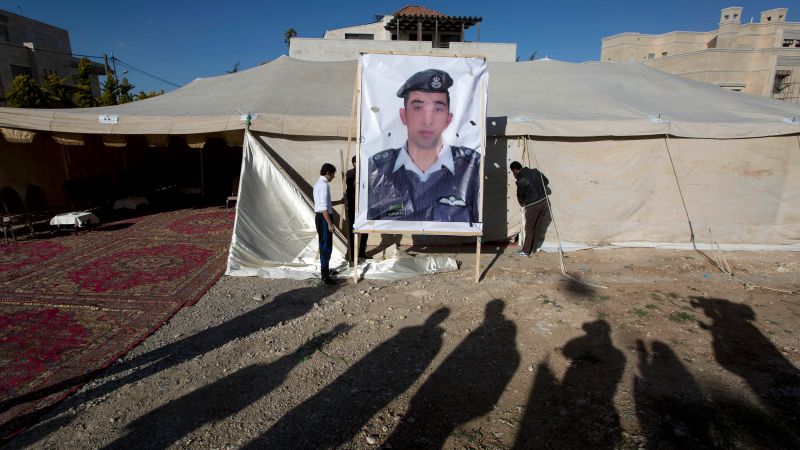
Controversy Surrounding UK Authorities' Labeling of Elderly Individuals as Potential Terrorists
Opinion | 9/8/2025
British authorities have recently come under scrutiny for their decision to label a group of elderly individuals as terrorists. The UK government’s Counter Terrorism Policing unit included these seniors, between the ages of 67 and 94, in a counter-terrorism bulletin. The bulletin aimed to raise awareness about potential extremist threats but sparked controversy due to the inclusion of these elderly individuals.
The Counter Terrorism Policing unit justified this action by stating that the individuals had been flagged for exhibiting extremist behavior or rhetoric online. While the decision to include seniors in a counter-terrorism report may seem unconventional, authorities emphasized the need to address radicalization across all age groups. This move underscores the evolving nature of security threats in the digital age, where online platforms can be used for spreading extremist ideologies.
Critics of the government’s approach argue that labeling elderly individuals as potential terrorists may be an overreach and could stigmatize innocent individuals. Concerns have been raised about the criteria used to identify individuals as potential threats and the potential impact on their reputations and privacy. However, supporters of the government’s actions contend that age should not be a determining factor in assessing terrorism risks, as radicalization can affect individuals of all ages.
Legal experts suggest that while it is crucial for authorities to address radicalization and potential security threats, care must be taken to ensure that individuals’ rights are not violated in the process. The case highlights the complex challenges faced by law enforcement agencies in balancing national security concerns with individual liberties. Moving forward, the UK government may face pressure to review its criteria for identifying and monitoring individuals deemed at risk of radicalization, particularly in light of the public debate surrounding the inclusion of seniors in counter-terrorism efforts.
In response to inquiries about the controversial inclusion of seniors in the counter-terrorism bulletin, a spokesperson for the Counter Terrorism Policing unit stated, “Our duty is to safeguard the public and prevent terrorism in all its forms. We take all potential threats seriously and utilize various means to assess and address them.” The debate over the inclusion of elderly individuals in counter-terrorism measures reflects broader discussions about the effectiveness and implications of preemptive security measures in combating extremism in the UK.


